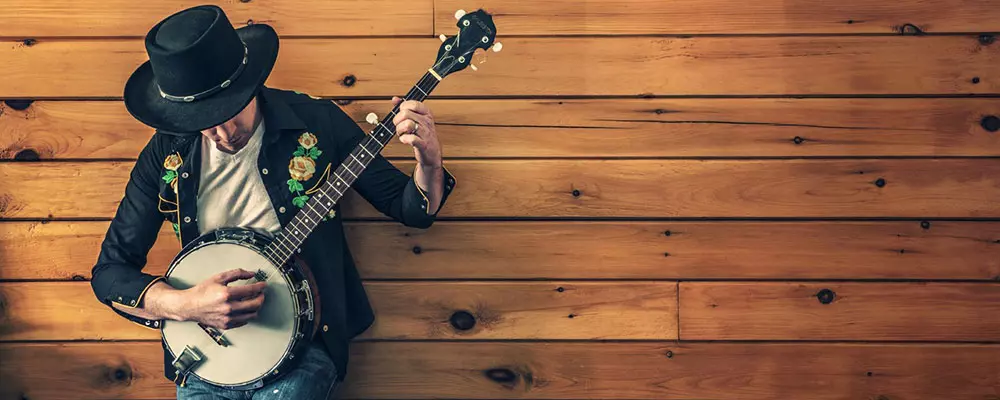When asked a question like “how can I improve my playing?” It is my experience that most music teachers and pskovmusic.ru will answer “practice” or maybe “practice makes perfect”. And essentially I agree. There is no substitute for practice, especially practice where the musician is wholly focused on the task at hand, concentrating on the various aspects of the music they are learning and listening attentively to their playing. Even musical savants with uncanny musical powers such as seemingly photographic memory and true perfect pitch must complete years of intense practice before being performance ready.
One of the greatest pianists and composers, Rachmaninoff could according to Harold Schonberg transcribe whole compositions after a single hearing.(2) Even so, when Rachmaninoff decided to earn his living as a concert pianist, he didn’t dare to go on stage until completing two years of further practice. Some musicians may brag that they don’t practice much but generally you will discover they are either lying or that as an adolescent they sat up all night practicing while others were out mucking around or asleep. But what about the many cases of musicians who do have the drive to practice long and hard but never make the grade? I’ve even had musicians tell me they can “get worse” after practicing.
Most musicians must be familiar with hitting “walls” where they find they simply don’t improve even with extra effort. This is a likely reason that many stop playing musical instruments altogether, becoming frustrated, overwhelmed and believing that music simply isn’t for them. It’s my belief that it’s sometimes not mental will or effort that is to blame, but the method of practice.
Over the years I have occasionally heard an objection to the “practice makes perfect” cliche. Some people like to say, “perfect practice makes perfect”. Implicit in this statement is the idea that the way you practice is important. Sure there is natural variation in all human being’s physical and mental abilities, but in my experience anyone can play a musical instrument well with a little perseverance as long as they go about it the right way. Interestingly, researchers have found marked differences between the way amateurs and professionals practice.
Our human bodies have not evolved to play musical instruments. After all, most instruments are fairly recent inventions in their current forms and continue to evolve themselves. Unlike language and other mental functions, there is no “music center” in the brain. Many parts of the brain are required to both listen to and perform music. Playing a musical instrument well is a complex task. A level of physical strength is required, fine muscle coordination and muscle control are essential and of course extensive mental training and conditioning is necessary. It’s no good being able to produce the best tone in the world if you have no rhythm. It’s no use having a well developed musical appreciation and emotional sensitivity if you have no technical ability and vice versa. A good musician needs to master many skills and therefore, to know how to practice “perfectly” becomes a very complex and difficult question.
Like most musicians, throughout my childhood and adolescence I simply practiced instinctively. The problem here is that sometimes you’re instincts lead you astray. In my experience, most teachers do not give extensive thought to the finer details of how to practice. Most teachers simply tell students what to practice. However as an adult who is almost always pressed for time, I need to know that I am improving every time I sit behind the piano or get on the drums.
As previously stated, this is a very broad and complex topic but I’d like to share some basics that I’ve learnt from my travels in the world of music. For clarity, I have broken up this topic into three main sections: Musicality, technical ability and performance.
